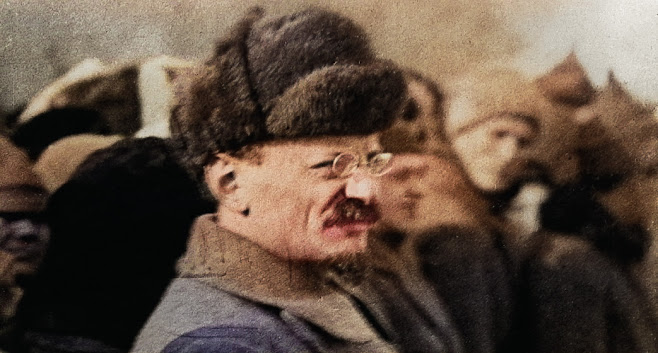Analysis of Fascism: Kershaw, Evans & Trotsky
Analysis of Fascism: Kershaw, Evans & Trotsky
Kershaw & Evans on the Roots of Fascism
Kershaw’s Analysis
- Emphasizes structural weaknesses of the Weimar Republic, economic collapse, and WWI’s impact.
- Argues that Hitler’s rise was due to multiple actors enabling him rather than inevitability.
- Recognizes capitalist class’s tacit support but does not see a direct conspiracy.
Evans’ Analysis
- Sees fascism as a reaction to economic instability, nationalism, and socialist fear.
- Argues that fascism’s rise was contingent, not inevitable.
- Focuses on the middle class’s role in supporting fascism due to fear of decline.
Trotsky’s Dialectical Materialist Analysis
Fascism as Counter-Revolution
- Fascism is capitalism’s response to revolutionary threats from the working class.
- Not just authoritarianism, but a mass movement to destroy the workers' movement.
The Role of the Middle Class
- Like Evans, sees the petty bourgeoisie as key supporters of fascism.
- However, emphasizes their role as a political reactionary force manipulated by capital.
Fascism is Preventable
- Rejects Stalinist mechanical determinism; fascism is not inevitable.
- Believes it could have been stopped through decisive leadership and a united front.
Comparison Table
| Aspect | Kershaw & Evans | Trotsky (Dialectical Materialism) |
|---|---|---|
| Fascism as crisis response | Reaction to economic/social instability | Bourgeois counter-revolution against socialism |
| Role of the Middle Class | Fearful, crisis-driven supporters | Reactionary mass base weaponized by capital |
| Role of the Ruling Class | Somewhat complicit but not orchestrating | Actively enabling fascism to crush the left |
| Historical Inevitability | No, history is contingent | No, but failure of leadership matters |
| Prevention of Fascism | Difficult due to chaotic politics | Preventable through revolutionary leadership |
Conclusion
Trotsky’s dialectical materialist approach offers a **more agency-driven** analysis of fascism than Kershaw or Evans. While the historians provide valuable insights into fascism’s economic and social conditions, Trotsky uniquely frames it as a **conscious counter-revolutionary strategy of the ruling class** to suppress a revolutionary threat. Unlike Stalinist mechanical determinism, Trotsky insists that fascism was **not inevitable but preventable**, provided the working class acted decisively.


